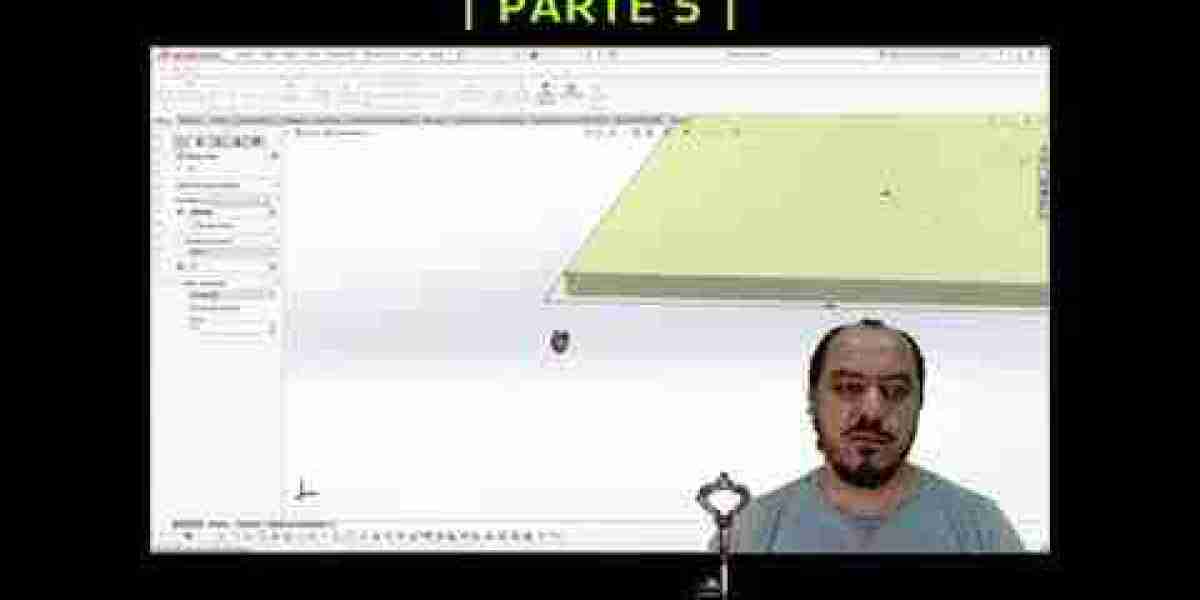Real estate has long been considered one of the most stable and lucrative investment options. However, traditional real estate investment often comes with high capital requirements, complex regulations, and limited liquidity. Enter real estate tokenization, a revolutionary process that leverages blockchain technology to fractionalize property ownership and democratize access to real estate investments. This article explores the concept, benefits, challenges, and future of real estate tokenization.
What is Real Estate Tokenization?
Real estate tokenization is the process of converting property ownership rights into digital tokens on a blockchain. These tokens represent a fractional share of a real estate asset and can be bought, sold, and traded like other digital assets. By leveraging smart contracts, tokenization automates transactions, reduces administrative overhead, and enhances transparency in real estate dealings.
How Does Real Estate Tokenization Work?
The process of tokenizing real estate generally follows these steps:
Property Selection: Identify a real estate asset suitable for tokenization.
Legal Structuring: Establish a legal framework to ensure compliance with local regulations.
Asset Tokenization: Convert ownership into digital tokens, often using blockchain standards like Ethereum’s ERC-20 or ERC-721.
Issuance and Distribution: Offer tokens to investors through a security token offering (STO).
Trading and Management: Investors can trade tokens on secondary markets or hold them to receive benefits like rental income.
Benefits of Real Estate Tokenization
1. Increased Liquidity
Traditional real estate is an illiquid asset, meaning selling a property can take months or even years. Tokenization enables fractional ownership, allowing investors to buy and sell smaller portions of real estate with ease.
2. Lower Investment Barriers
Tokenization makes it possible for retail investors to participate in real estate markets with smaller capital. Instead of needing millions to buy a property, individuals can invest in fractional shares of an asset.
3. Enhanced Transparency and Security
Blockchain technology ensures that transactions are recorded on an immutable ledger, reducing the risk of fraud and increasing trust between parties.
4. Automation and Efficiency
Smart contracts replace intermediaries, reducing transaction costs and administrative overhead. This increases the efficiency of real estate transactions.
5. Global Market Access
Tokenized real estate allows investors from around the world to participate in property markets that were previously inaccessible due to legal and financial barriers.
Challenges of Real Estate Tokenization
Despite its many advantages, real estate tokenization faces several challenges:
1. Regulatory Uncertainty
Many countries lack clear regulations for tokenized assets, creating uncertainty for investors and issuers.
2. Legal Complexities
Real estate ownership laws vary across jurisdictions, making it difficult to create a one-size-fits-all tokenization model.
3. Market Adoption
While blockchain adoption is growing, traditional investors may be hesitant to embrace tokenized real estate due to unfamiliarity with the technology.
4. Security Risks
Although blockchain offers enhanced security, tokenized assets are still susceptible to cyber threats, including hacking and smart contract vulnerabilities.
Use Cases of Real Estate Tokenization
Several real-world applications showcase the potential of real estate tokenization:
1. Fractional Ownership
Investors can buy small shares of high-value properties, such as luxury apartments or commercial buildings, diversifying their portfolios with minimal capital.
2. Real Estate Investment Trusts (REITs) on Blockchain
Traditional REITs can be tokenized to provide more liquidity and flexibility to investors.
3. Crowdfunding for Real Estate Development
Developers can raise funds through tokenized property sales, providing early-stage investors with fractional ownership rights.
4. Decentralized Property Trading
Blockchain-enabled marketplaces facilitate direct transactions between buyers and sellers without intermediaries, reducing costs and increasing efficiency.
Future of Real Estate Tokenization
The future of real estate tokenization looks promising, with several trends indicating its potential growth:
Regulatory Clarity: Governments worldwide are exploring frameworks to regulate tokenized assets, which will enhance investor confidence.
Increased Adoption: As more investors recognize the benefits, the demand for tokenized real estate is expected to rise.
Integration with DeFi (Decentralized Finance): Tokenized real estate could be used as collateral for crypto loans and integrated into the broader DeFi ecosystem.
Advancements in Blockchain Technology: Improved blockchain scalability and security solutions will further support the growth of real estate tokenization.
Conclusion
Real estate tokenization is revolutionizing property investment by making it more accessible, liquid, and efficient. While challenges remain, ongoing technological advancements and regulatory progress are paving the way for a more democratized real estate market. As blockchain adoption grows, tokenized real estate may become a mainstream investment vehicle, offering new opportunities for investors worldwide.














